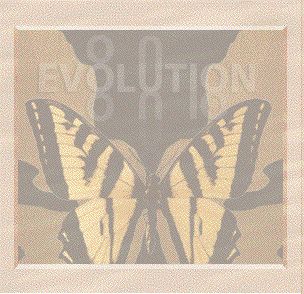The units of selection - Why are adaptations mainly at the level of the organism?

The gene as the unit of selection
What do Williams and Dawkins mean by the term 'gene'? Williams defined the gene to make it almost true by definition that the gene is the unit of selection. He defined the gene as
“that which segregates and recombines with appreciable frequency”.
The gene in Williams' definition is what Dawkins calls the replicator: the average length of DNA that survives long enough for natural selection to work on it.
Critics, such as Gould, have objected that gene frequencies change between generations only in a passive, 'book-keeping' sense; the frequency changes provide a record of evolution, but are not its fundamental cause. True natural selection, the critics would say, happens at the level of organismic survival and reproduction; the actual selection in the lion example happens when a lion catches, or fails to catch, its prey. The differential hunting success drives the gene frequency changes, and it is a mistake to identify the gene frequency changes as causal.
Williams and Dawkins, however, do not deny that whatever ecological processes are causing differential organismic survival produce gene frequency changes within a generation. What they deny is that this ecological interaction of organisms means that natural selection directly adjusts the frequencies of organisms over the evolutionary time scale of many generations.
The philosopher of science Helena Cronin strongly argues that we regard the gene as the unit of selection.
| Next |



